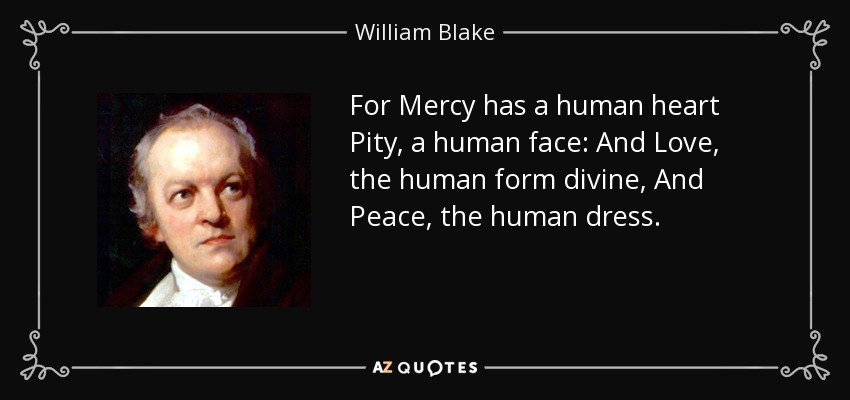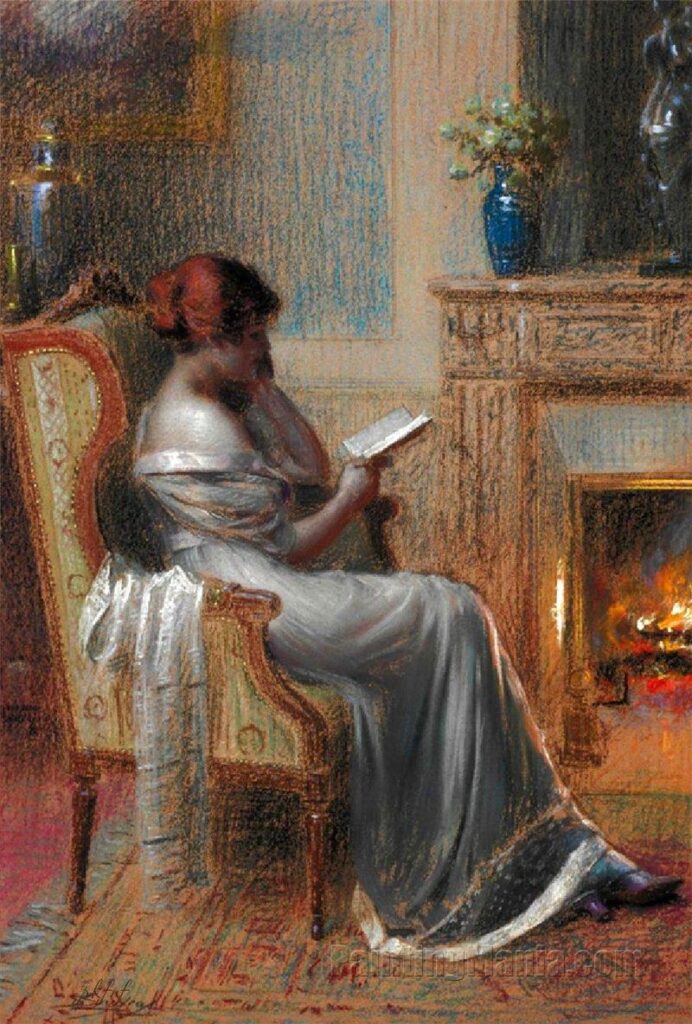Thursday
Two days ago I was having a fun conversation on Spoutible about why English majors often make good lawyers, with my interlocutor–one Phil Boiarski—mentioning the rhetorical skills lawyers need to be successful. Then he asked me what I thought of Kamala Harris’s acceptance speech.
While rhetorical analysis is not a strength of mine, I know that I experienced a mood shift in the course of the speech. I started off feeling warm and fuzzy as Harris recounted her parents’ immigrant stories, along with how her mother and her neighbors combined to bring her up in a middle class Oakland neighborhood. Then, however, the tone shifted dramatically as Harris got serious.
Tomi T. Ahonen, who writes extensively about political speechifying, helped me understand what had happened. The speech, he noted, had two parts, the first recounting Harris’s life story, the second channeling Winston Churchill. About the latter, I’m assuming he particularly had in mind such passages as,
And know this: I will never hesitate to take whatever action is necessary to defend our forces and our interests against Iran and Iran-backed terrorists. And I will not cozy up to tyrants and dictators like Kim-Jong-Un, who are rooting for Trump. Because they know he is easy to manipulate with flattery and favors. They know Trump won’t hold autocrats accountable—because he wants to be an autocrat.
As President, I will never waver in defense of America’s security and ideals. Because, in the enduring struggle between democracy and tyranny, I know where I stand—and where the United States of America belongs.
As I listened, I felt that a battle bugle had been sounded and that I was being marched into action. Or as I told my Spoutible companion in a reference that may have confused him, I felt like the jazz-playing brother in James Baldwin’s short story “Sonny’s Blues” when he’s back at the piano again.
Sonny has recently been released from imprisonment for heroin possession and for the first time is sitting down with his old band at a jazz club. Creole, the band leader, leads Sonny to the piano and at first allows him to focus on the positive:
[Sonny] seemed to have found, right there beneath his fingers, a damn brand-new piano. It seemed that he couldn’t get over it. Then, for a while, just being happy with Sonny, [the band] seemed to be agreeing with him that brand-new pianos certainly were a gas.
Similarly, as we listened to Harris, we were happy to join her in her immigrant success story, one of the foundational stories of our republic.
But we can’t remain in this space any more than Sonny can remain in his. The band leader is there to remind everyone why Sonny is there:
Then Creole stepped forward to remind them that what they were playing was the blues. He hit something in all of them, he hit something in me, myself, and the music tightened and deepened, apprehension began to beat the air. Creole began to tell us what the blues were all about. They were not about anything very new. He and his boys up there were keeping it new, at the risk of ruin, destruction, madness, and death, in order to find new ways to make us listen. For, while the tale of how we suffer, and how we are delighted, and how we may triumph is never new, it always must be heard. There isn’t any other tale to tell, it’s the only light we’ve got in all this darkness.
It’s for Sonny, as it is for Harris, to take leadership in this situation:
And this tale, according to that face, that body, those strong hands on those strings, has another aspect in every country, and a new depth in every generation. Listen, Creole seemed to be saying, listen. Now these are Sonny’s blues. He made the little black man on the drums know it, and the bright, brown man on the horn. Creole wasn’t trying any longer to get Sonny in the water. He was wishing him Godspeed. Then he stepped back, very slowly, filling the air with the immense suggestion that Sonny speak for himself.
And speak for himself Sonny does:
Then they all gathered around Sonny and Sonny played. Every now and again one of them seemed to say, amen. Sonny’s fingers filled the air with life, his life. But that life contained so many others. And Sonny went all the way back, he really began with the spare, flat statement of the opening phrase of the song. Then he began to make it his. It was very beautiful because it wasn’t hurried and it was no longer a lament. I seemed to hear with what burning he had made it his, and what burning we had yet to make it ours, how we could cease lamenting. Freedom lurked around us and I understood, at last, that he could help us to be free if we would listen, that he would never be free until we did.
The narrator, who has had his own sorrows, finds momentary relief in Sonny’s playing, even while he simultaneously realizes “that this was only a moment, that the world waited outside, as hungry as a tiger, and that trouble stretched above us, longer than the sky.”
Harris pointed to our own challenges, even as she gave Democrats and a fair number of Republicans and Independents the confidence that she was the right person to lead us in that endeavor.
In her shift of tone and substance, I was also reminded of Obama’s 2009 inaugural address. Many came to it wanting to bask in his vision of hope and change and were startled when he talked instead of getting down to business. “We campaign in poetry but govern in prose,” New York Governor Mario Cuomo famously said, and Obama and Harris pointed to some of the prose that awaits us.
At the end of Baldwin’s story, Sonny’s playing results in a reconciliation between the two brothers, who have become estranged. For her part, Harris is managing—at least for the moment—to bring together progressives, liberals, moderates, and a significant number of center-right conservatives. Freedom lurks around us, she told us, and she can help us be free if we send her to the White House.










